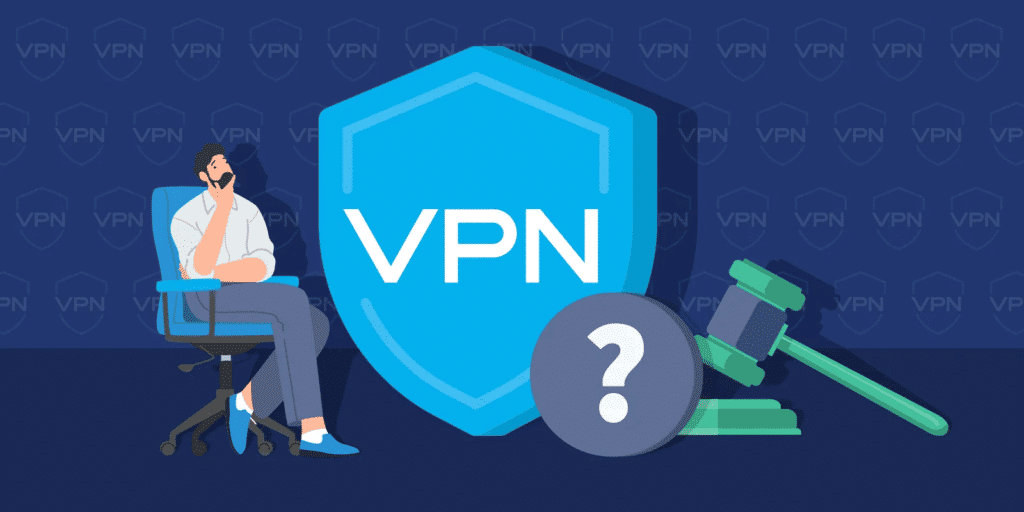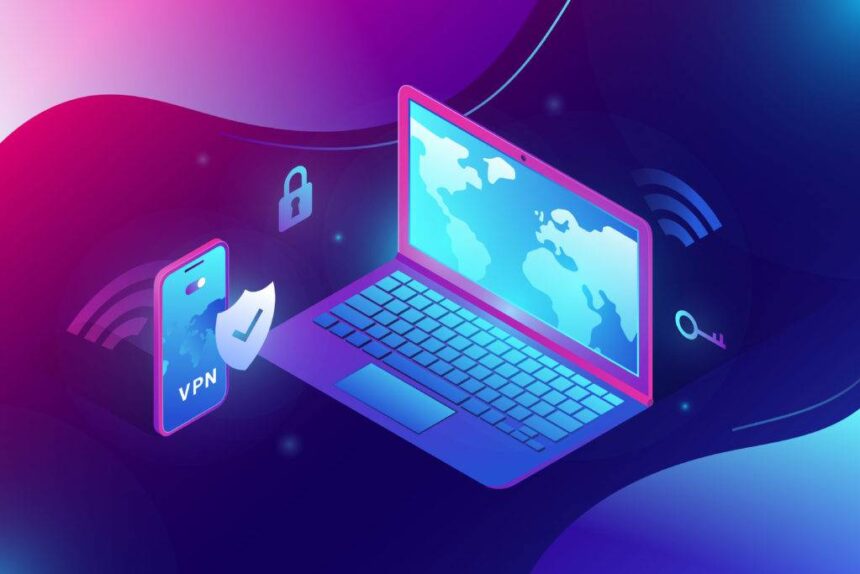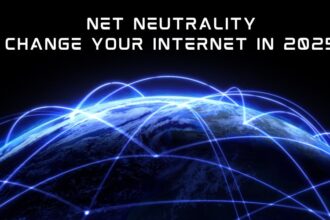With VPNs increasing popularity in recent years, users have become more aware of the importance of their online privacy and security. However there are many myths attached to this trending topic related to how it works how not.
Let’s debunk some of the common myths about VPN.
Myth #1: VPNs are only for tech geeks

VPNs used to be complex and difficult to set up, but this is no longer the case. Today’s VPNs are easy to use and accessible to everyone, regardless of their technical expertise. Most VPN providers offer user-friendly apps that can be installed on any device in minutes.
Myth #2: All VPNs slow down internet speeds

It is true that utilizing a VPN can cause your internet connection to lag a little bit, but this is usually only apparent when you are engaging in high-bandwidth activities like gaming or streaming. You won’t even notice a change for the majority of daily tasks. Additionally, you can reduce any speed loss by selecting a reliable VPN service with a sizable server network.
Myth #3: Free VPNs are just as good as paid VPNs

There are many free VPNs available, but they’re not all created equal. Many free VPNs sell their users’ data to third-party advertisers, or they may even inject malware onto their users’ devices. Paid VPNs, on the other hand, offer better security and privacy features, and they’re less likely to sell your data.
Myth #4: VPNs can make you completely anonymous online

While VPNs can help to protect your privacy, they can’t make you completely anonymous online. Your VPN provider can still see your IP address, and they may log your activity. Additionally, if you’re not careful, you can still reveal your identity online even when using a VPN. For example, if you log into a social media account while connected to a VPN, the social media company will still be able to see your real IP address.
Myth #5: VPNs are illegal

VPNs are legal in most countries, but there are a few exceptions. For example, VPNs are banned in China and Russia. Additionally, some countries have restrictions on using VPNs for certain activities, such as torrenting or accessing banned websites.
Benefits of using a VPN
Despite the myths, there are many benefits to using a VPN. Here are just a few:
- Protect your privacy online. A VPN encrypts your traffic, so your ISP and other third parties can’t see what you’re doing online.
- Bypass geo-restrictions. A VPN allows you to connect to a server in another country, so you can access websites and content that is blocked in your region.
- Secure your public Wi-Fi connection. Since public Wi-Fi networks are frequently insecure, protecting your data from hackers can be aided by utilizing a VPN.
- Improve your internet speeds. If your ISP is throttling your bandwidth, a VPN can help to bypass this and improve your speeds.
How to choose a VPN
There are several things to take into account when selecting a VPN, including:
- Security and privacy features. Make sure the VPN you choose uses strong encryption protocols and has a good privacy policy.
- Server network. Select a VPN that has a huge global server network spread across several nations. This will give you more options for choosing a server that is close to you and has good speeds.
- Price. VPNs can range in price from free to $10 or more per month. Select a VPN provider based on your demands and budget.
Conclusion
Using a VPN can greatly enhance your online security and privacy. They’re also a great method to increase your internet speeds and get over geo-restrictions. Make sure to take into account the server network, cost, and security and privacy features while selecting a VPN. For more visit the official website www.gurucent.com.
FAQs:
Q: What advantages does utilizing a VPN offer?
A: The use of a VPN has numerous advantages, such as:
- Protecting your privacy online. A VPN encrypts your traffic, so your ISP and other third parties can’t see what you’re doing online.
- Bypassing geo-restrictions. A VPN allows you to connect to a server in another country, so you can access websites and content that is blocked in your region.
- Securing your public Wi-Fi connection. Since public Wi-Fi networks are frequently insecure, protecting your data from hackers can be aided by utilizing a VPN.
- Improving your internet speeds. If your ISP is throttling your bandwidth, a VPN can help to bypass this and improve your speeds.
Q: What are the common myths about VPNs?
A: Some common myths about VPNs include:
- VPNs are only for tech geeks. VPNs are now widely available and simple to use.
- All VPNs slow down internet speeds. While VPNs can slightly slow down your connection, this is usually only noticeable for high-bandwidth activities.
- The quality of free and commercial VPNs is equal. Free VPNs often sell their users’ data or inject malware onto their devices. Paid VPNs offer better security and privacy features.
- VPNs can make you completely anonymous online. VPNs can help to protect your privacy, but they can’t make you completely anonymous. Your VPN provider can still see your IP address, and they may log your activity.
- VPNs are illegal. With a few notable exceptions, VPNs are allowed in the majority of nations.
Q: Are VPNs safe?
A: Yes, VPNs are generally safe to use. However, it’s important to choose a reputable VPN provider that uses strong encryption protocols and has a good privacy policy. You should also avoid using free VPNs, as they are more likely to sell your data or inject malware onto your device.





